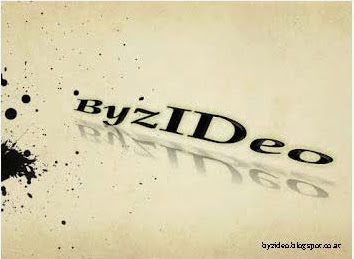Olof Heilo
How can we understand Islam without Byzantium?
The
encounter between the world of Islam and Byzantium has normally been an object
of scrutiny for historians and medievalists preoccupied with its cultural and
political manifestations. Its religious dimension – though acknowledged as such
– has tended to be a more elusive matter, complicated by the differences in
epistemology of the historical adversaries.
In recent
years, this has been re-considered from the mutual apocalyptic viewpoint of
many Muslim and Christian sources to the early Islamic era (Howard-Johnston
2010; Sarris 2011): Islam here appears as the face of a wider “world crisis”
that saw the gradual downfall of the secular Roman power in the Mediterranean,
and the rise of “empires of faith” that would dominate Europe and the Middle
East for centuries – perhaps even into the modern era.
As one can
easily see, such interpretations, important as they are, bring other problems
with them: the historical context is exchanged for a historicist one, and the
apocalyptic narratives appear increasingly detached from the circumstances that
brought them forth. On the other hand, this matches the way in which Islam and
its history are treated in many contemporary political debates: as a closed,
teleological phenomenon, cut off from the dialectics of history.
Do we need
to re-evaluate the historical contexts we call Byzantine in order to understand
modern Islam in a non-apocalyptic sense? It seems as if eighteenth- and
nineteenth-century “Orientalists” from Montesquieu to Renan, twentieth-century
historicists from Spengler to Huntington, and modern Islamists from Jalal
ad-Din al-Afghani to Ali Shariati would all have it in common that they use the
void left by misconceptions about the Middle Ages in general and Byzantium in
particular, to promote a teleological reading of Islam.
In this
paper, we should consider whether a reverse reading of the “World Crisis”
interpretation could contribute to a different understanding of Islam.



No comments:
Post a Comment